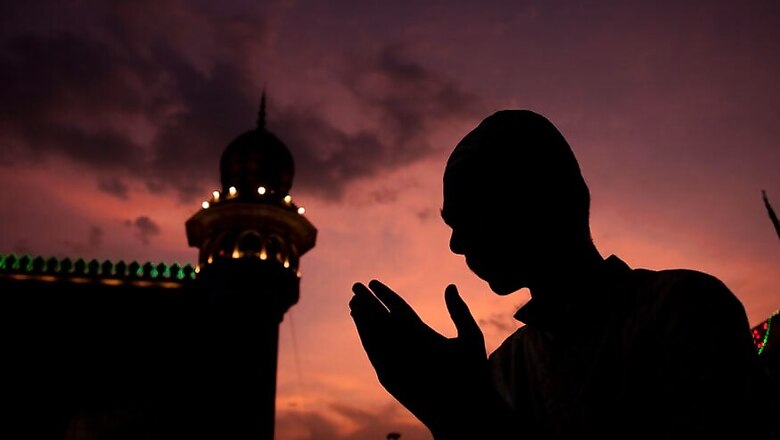
views
There appears to be a time lag in the opposition parties' understanding of their electoral support base in India. They are still holding on to about 30-year-old beliefs, assumptions and perceptions about a few communities as their vote bank.
They consider communities like Dalits and Muslims as their safe and comfortable electoral repositories. Most of these parties believe that these social communities are radically anti-Hindutva in nature. They assume that these communities are bound to support anti-Hindutva politics permanently due to their existential requirements. Because of such assumptions, some of them derive pleasure and comfort, and always count on these votes. Some of them don’t realise that they need to work hard to garner the support of such communities.
No one can deny that these assumptions held true in the history of democratic politics in India before the 2014 parliamentary elections. But after 2014, political analysts observed clear changes in the political behaviour of these communities. We are already aware that in the parliamentary elections of 2019, a section of Dalit voters moved towards the Bharatiya Janata Party. A few political observers also noted that a section of Muslim women supported the BJP in those elections due to the abolition of the triple talaq system.
There is an agreement among many analysts that a large section of Shia Muslims in a state like Uttar Pradesh voted for the BJP in various elections. Recently, a few activist-turned-leaders involved in the 101-day- long protest against the Citizenship Amendment Act at Delhi's Shaheen Bagh locality joined the BJP. Shaheen Bagh emerged as a symbol of the anti-CAA movement across the country and inspired many such protests in various parts of different cities.
Social activist Shahzad Ali and gynaecologist Dr Mahreen who participated in the protests mainly led by women, joined the BJP with the message that the negative image of the party propagated in the community is not true. It may be considered symbolic acceptance of the BJP among Muslims but it may be an indication of the ongoing churning post-2014 at the grassroots of the community.
The Rashtriya Swayamsevak Sangh and its affiliate Muslim Rashtriya Manch are trying hard to draw and include Muslims in various symbolic acts to define them as erstwhile Hindus who accepted Islam due to oppression of Islamic rule in India during the medieval period.
Inviting representatives of the Muslim community to the Ram Mandir Bhoomi Pujan event on August 5 was also a symbolic act to indicate to that there is space for them which was vacant so far. These token gestures may not have any meaning for a few ideologues of opposition parties and Muslim leaders. But, put together, these symbolic acts may sway a section of Muslims, slowly and steadily.
The weakening of opposition politics in India and lack of viable alternatives on the one hand, and constant invitation from Hindutva on the other may slowly lead them towards the BJP. If they don’t see a future for their protest in India, they may accept conditioned inclusion.
Secondly, political desires and aspirations are growing among Muslims that may lead them towards various political parties. The BJP is like one of many political forums for a lot of emerging Muslim leaders for doing their politics. So, one can observe that the political untouchability towards the BJP is gradually eroding among Muslims in various parts of India.
It is an important political trend which may become more visible in the coming days. These symbolic moves of young Muslim leaders and activists from the community may create a sense of insecurity among opposition political parties who consider them their vote bank, and may bring the community to a comparatively better position to negotiate with non-BJP parties for electoral and political space and representation.
So, Dalits and Muslims are not going to display homogeneously anti-BJP attitudes in the future politics in India. The opposition parties in India should not look at these communities as mere mathematical equations while aspiring for electoral victory; they are also going through various changes, fractures and ruptures. Let’s accept this in our election analysis and opinion pieces. The opposition politics should come out from this political comfort zone and work hard to reframe its electoral base in these changing times.













Comments
0 comment